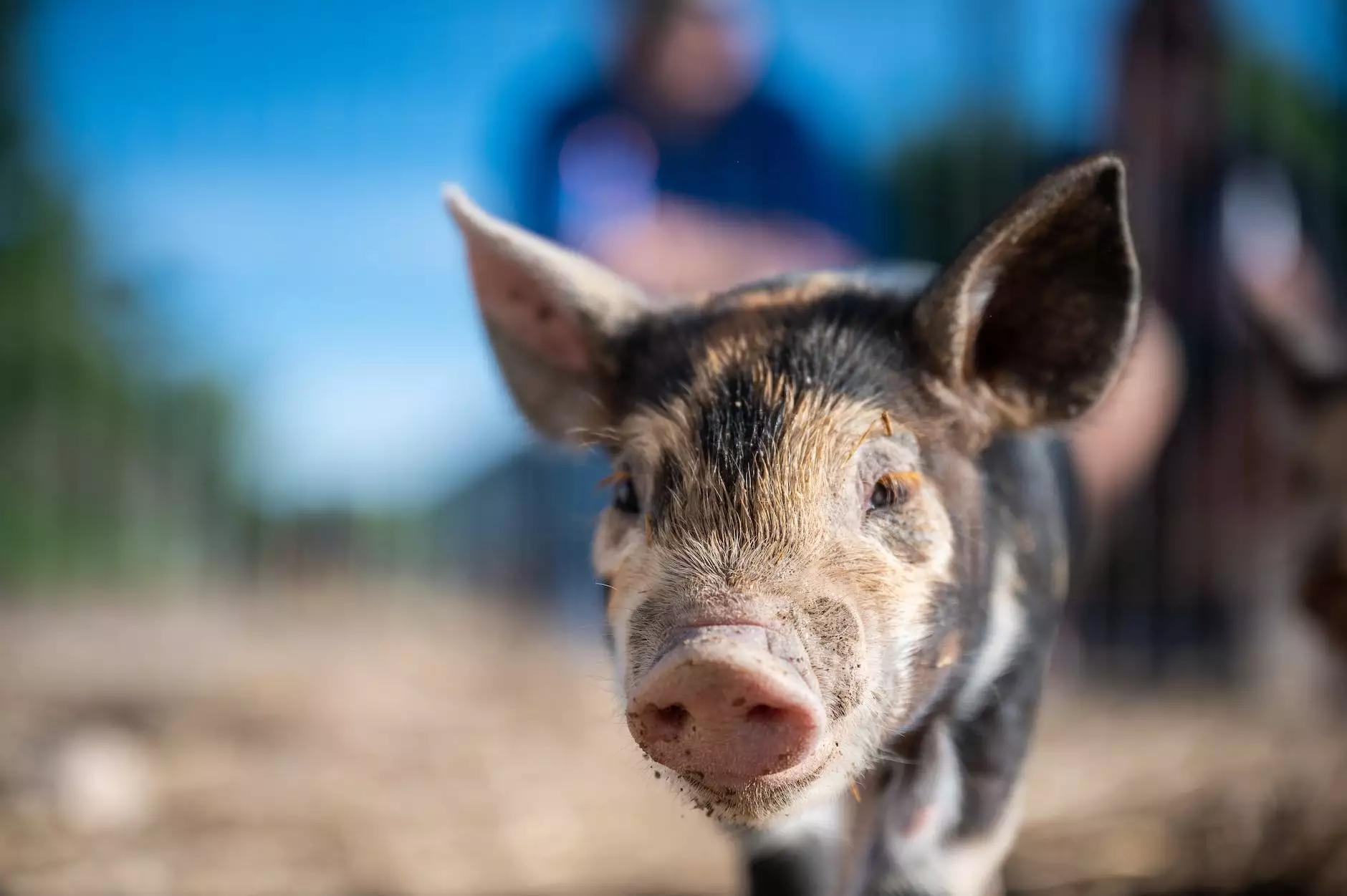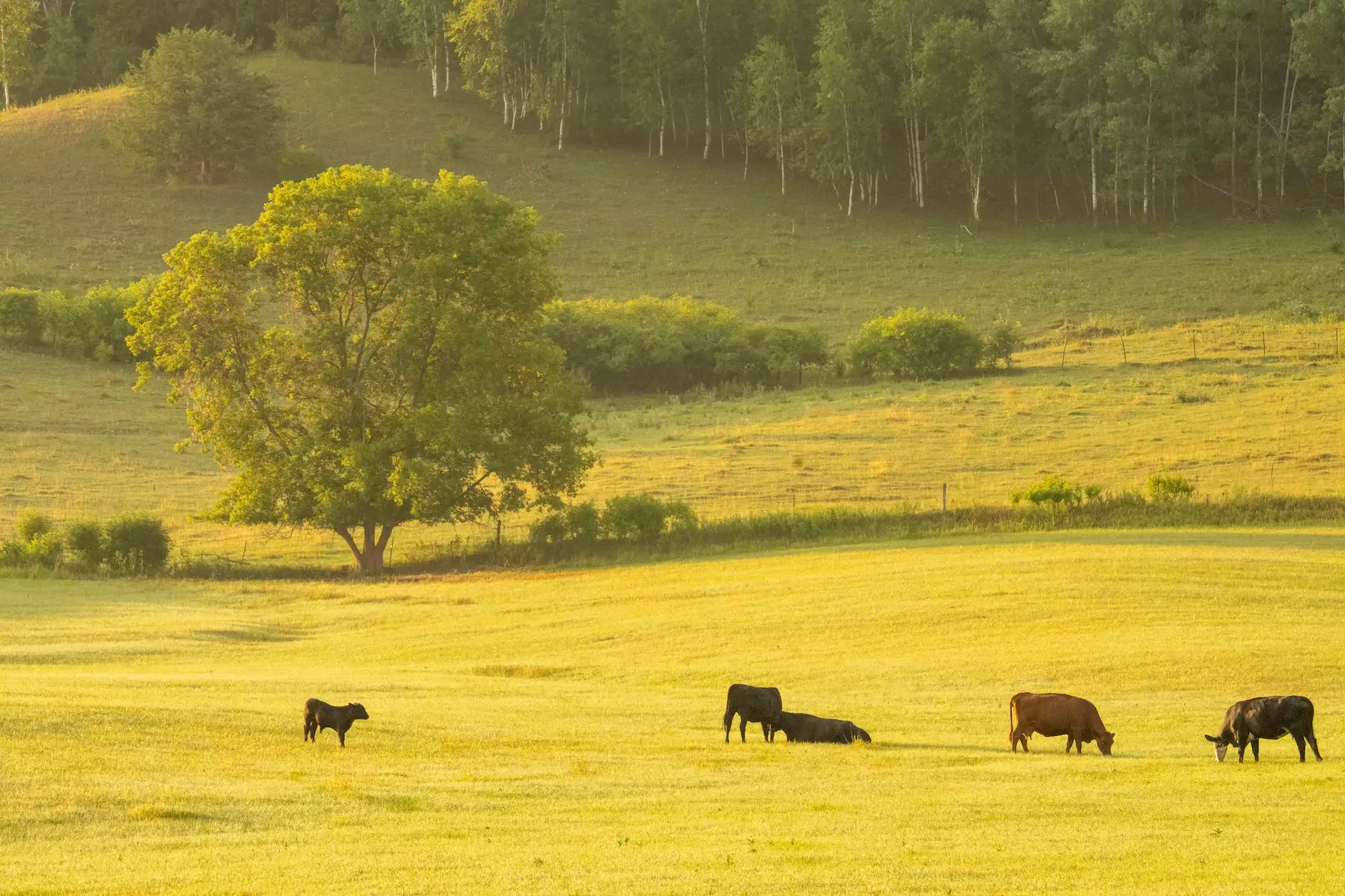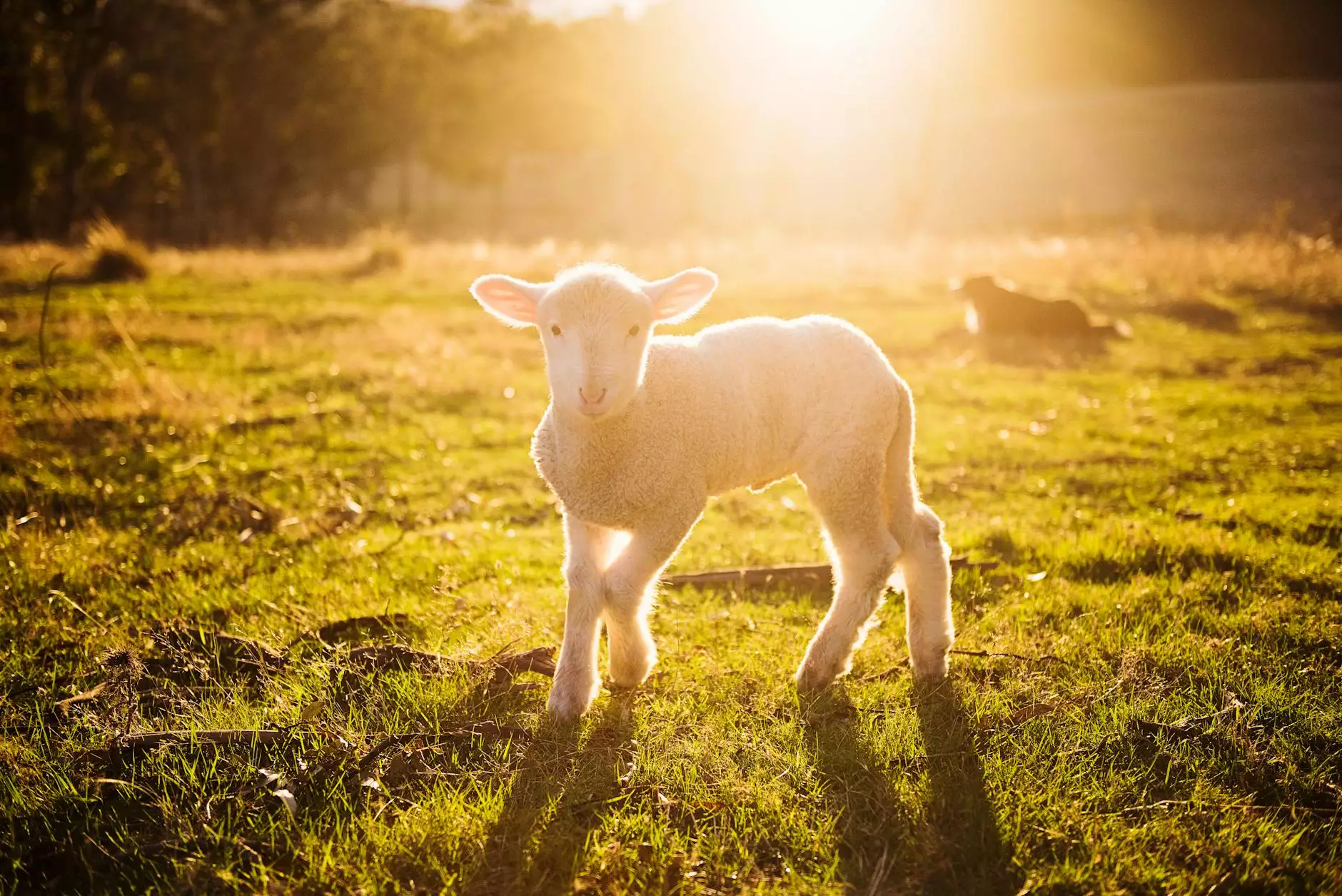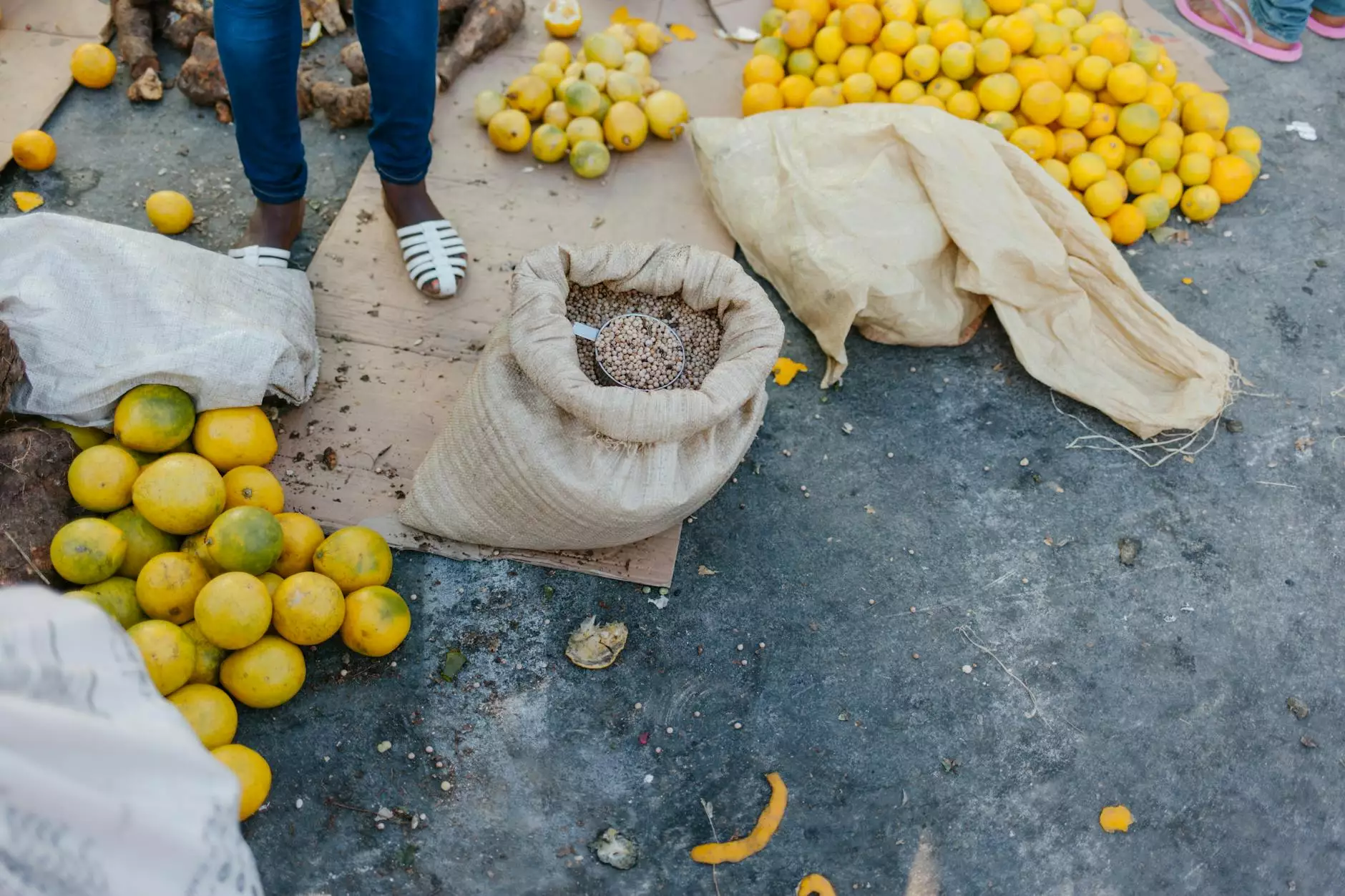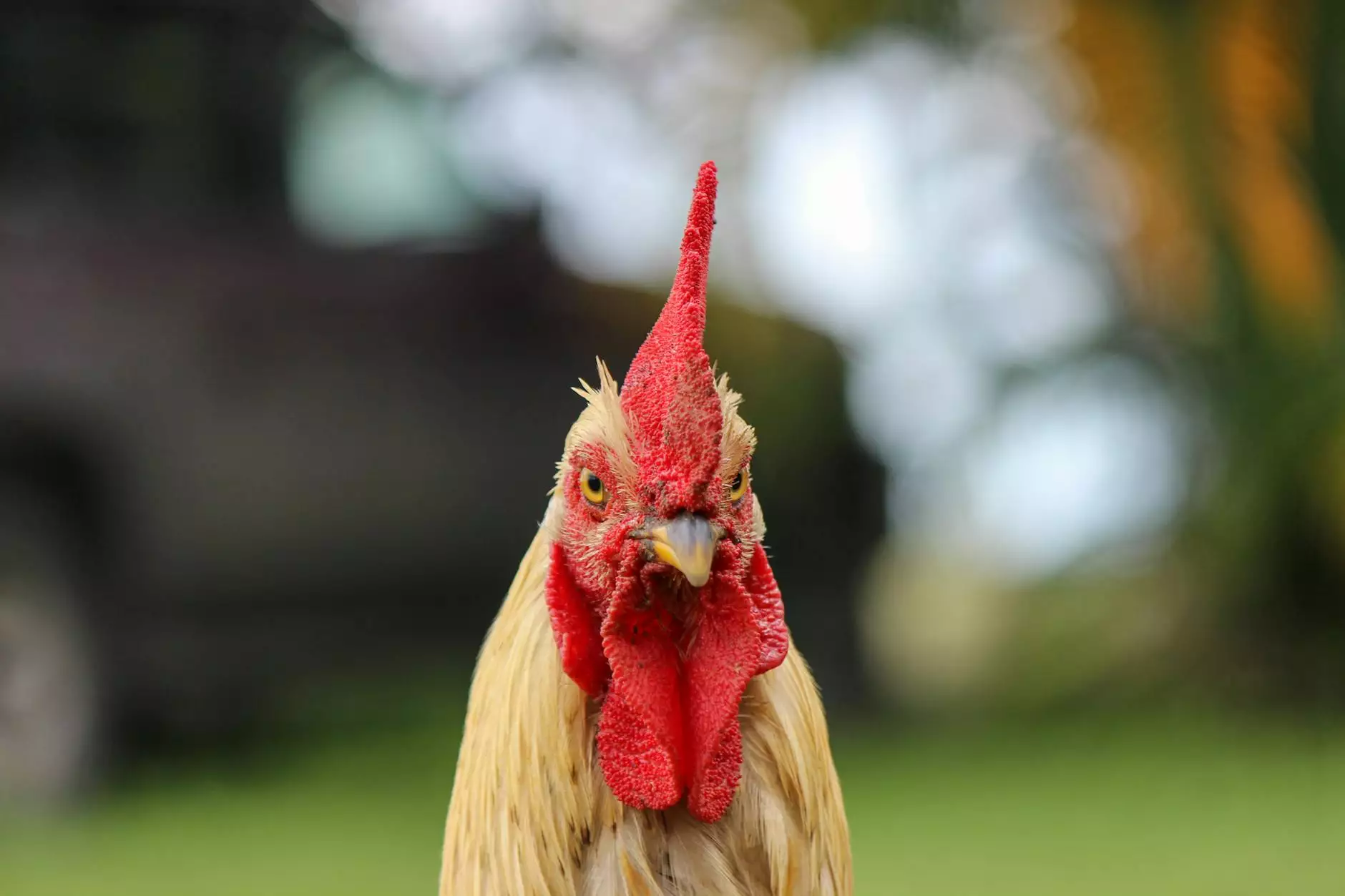Trap Crops: Enhancing Sustainable Farming Practices
Attractions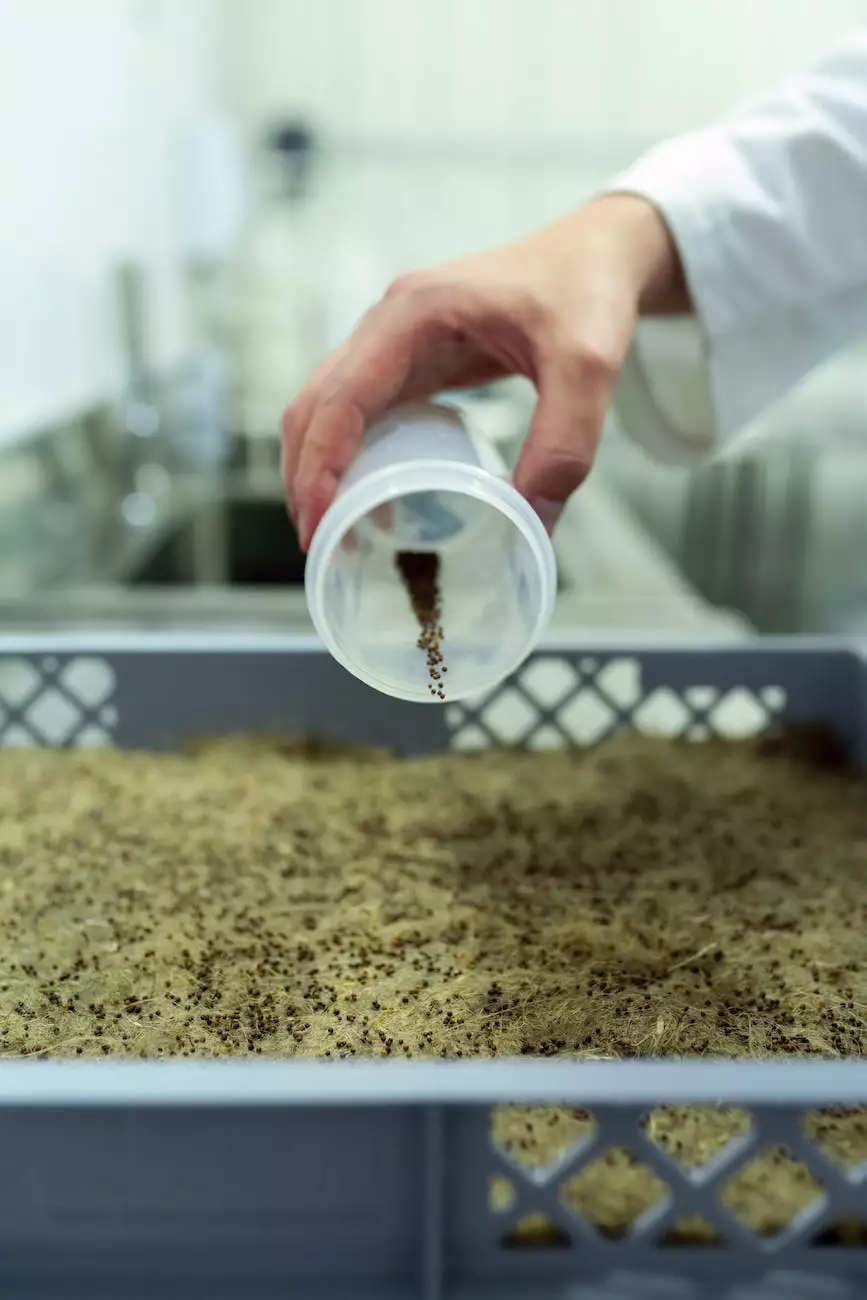
The Importance of Trap Crops
Trap crops play a crucial role in sustainable farming practices by offering an effective and environmentally friendly solution to control pests and optimize crop productivity. Utilizing trap crops can significantly reduce the need for chemical pesticides, promoting the health and longevity of your crops and protecting the natural ecosystem.
How Trap Crops Work
Trap crops are strategically planted near or within main crop fields to attract and divert pests away from valuable crops. These pest-attracting plants act as a sacrificial offering, luring pests away from the primary crops onto the trap crops.
The Benefits of Trap Crops
Pest Control
By utilizing trap crops, you can effectively manage and control pest populations without resorting to harmful pesticides. By providing pests with an attractive alternative, you can minimize crop damage and maintain the health and vitality of your main crops.
Improved Yield
Trap crops act as a natural defense mechanism, safeguarding your main crops and increasing overall yield. By diverting pests, your main crops can flourish without the constant threat of infestation, resulting in higher productivity and quality harvests.
Environmental Sustainability
Using trap crops promotes sustainable farming practices by reducing the reliance on chemical pesticides. This not only protects the environment but also supports the long-term health of ecosystems, including beneficial insects and pollinators.
Selecting the Right Trap Crops
Choosing the appropriate trap crops for your specific needs is essential for successful implementation. Factors such as the target pests, geographic region, and main crop selection should be considered when selecting trap crops.
Diverse Plant Varieties
Opt for a diverse range of plant species to attract a wide array of pests. By offering different host plants and suitable habitats, you can effectively lure pests away from your main crops and maintain a balanced ecosystem.
Compatibility with Main Crops
Ensure that the trap crops you choose are compatible with your main crops and do not compete for resources such as water, nutrients, or sunlight. This will prevent any negative effects on your main crop's growth and yield.
Timing and Successional Planting
Implement trap crops in a timely manner to align with the lifecycle of target pests. Successional planting, where trap crops are planted in multiple stages, can provide extended protection throughout the growing season.
Pollen Bank: Your Source for High-Quality Trap Crops
At Pollen Bank, we are dedicated to providing sustainable and effective solutions for today's farmers. Our wide range of trap crops has been carefully selected and optimized to ensure superior pest control and crop protection.
Premium Quality Trap Crops
We offer a diverse selection of trap crops, each meticulously grown and tested for optimal pest-attracting capabilities. Our trap crops are chosen based on their attractiveness, compatibility with various main crops, and ability to effectively divert pests.
Expert Guidance
Our team of agricultural specialists is available to provide expert guidance and recommendations for selecting and implementing trap crop strategies. We understand the unique challenges farmers face and are committed to assisting you in achieving sustainable farming success.
Sustainable Farming Practices
Pollen Bank is firmly committed to promoting sustainable farming practices. By integrating trap crops into your farming methods, you can reduce reliance on chemical pesticides, protect your crops, and contribute to a healthier environment.
Conclusion
Incorporating trap crops into your farming practices is a smart and environmentally friendly approach to pest management. By utilizing the natural attraction of trap crops, you can effectively control pests, safeguard your main crops, and ensure bountiful harvests.
Choose Pollen Bank as your trusted partner in trap crop solutions. With our premium quality trap crops and expert guidance, you can take your farming practices to new heights of sustainability and productivity.
